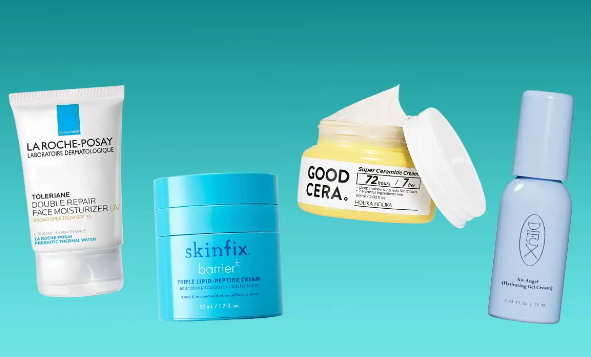Finding the perfect face cream can be a challenge, especially for those with sensitive skin or allergies. Hypoallergenic face creams are designed to minimize the risk of causing allergic reactions, making them an excellent choice for anyone looking to keep their skin healthy and irritation-free. In this blog post, we will explore some of the best hypoallergenic face creams on the market, their key ingredients, and what to consider when choosing the right one for your skin type.
Understanding Hypoallergenic Formulations
When shopping for face creams, the term “hypoallergenic” is often used to indicate products that are less likely to cause allergies. However, it’s important to note that no skincare product can guarantee 100% hypoallergenic properties. These creams typically avoid common irritants such as fragrances, parabens, and dyes, making them a safer option for individuals with sensitive skin or conditions like eczema or rosacea. Always look for products that are dermatologically tested and specifically labeled as hypoallergenic.
Key Ingredients to Look For
A good hypoallergenic face cream should be packed with nourishing ingredients that are gentle on the skin. Look for creams containing hyaluronic acid, which helps retain moisture, and ceramides, which strengthen the skin barrier. Aloe vera and chamomile extract are also excellent options, as they possess soothing and anti-inflammatory properties. Always read the ingredient list carefully to avoid any components that might trigger your sensitivities, and consider doing a patch test before fully incorporating a new product into your skincare routine.
Top Recommendations for Hypoallergenic Face Creams
Some of the top-rated hypoallergenic face creams include the CeraVe Moisturizing Cream, known for its non-comedogenic formula and essential ceramides; La Roche-Posay Toleriane Double Repair Face Moisturizer, which offers long-lasting hydration and is free of fragrance and parabens; and Aveeno Ultra-Calming Nourishing Night Cream, perfect for those with redness-prone skin. Each of these options has received positive reviews from users with various skin types, demonstrating their effectiveness and gentleness. Always consult with a dermatologist if you have specific skin concerns to find the best match for your needs.
In conclusion, understanding your skin’s unique needs is crucial when selecting a face cream, especially for sensitive types. Hypoallergenic options can offer the gentle care and hydration your skin craves without the risk of irritation. Take the time to explore various products and listen to your skin’s responses. For more information on hypoallergenic skincare, or to check out reviews of specific products, don’t hesitate to keep learning and experimenting!

